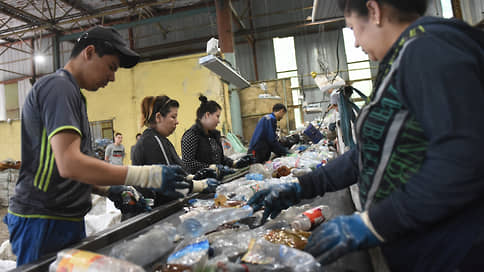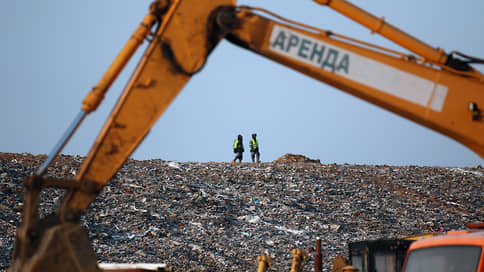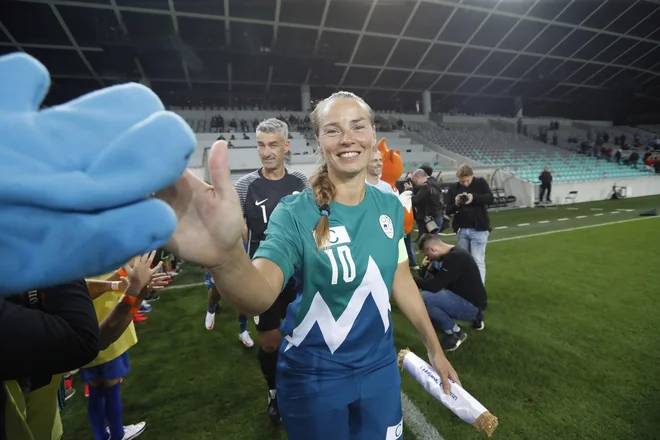Russia will be an opponent of the EU when solving the problem of pollution of the planet with plastic

Russia does not agree with a number of the provisions of the global agreement on the fight against pollution of the plastic that is being prepared at the UN site – representatives of the Ministry of Natural Resources announced this on June 4. The new stage of international negotiations starts in Geneva already in August, and the Ministry of Natural Resources believes that its participants pursue not only environmental, but also economic interests. The department claims that the proposals of the European Union on the ban on a number of plastics are able to destroy the production chains of a number of countries, and reproaches Western partners of exporting their plastic waste into developing countries. ”
In August, the fifth session of the UN intergovernmental negotiation committee on the development of a global agreement to combat pollution of plastic will be held. The organizers expect that this will be the final discussion at which the participants will approve the final document. However, the previous round of negotiations in March 2025 demonstrated serious disagreements between countries. This was announced on June 4 by the head of the UN AM Environment (UNEP) representative office in the Russian Federation Vladimir Moshkalo in the Public Chamber during the discussion of the problem of plastic disposal.
The global agreement to combat pollution of plastic is an international legally compulsory agreement, which has been developed under the auspices of the UN since 2022. The purpose of the contract is to solve the problem of pollution with plastic at all stages of the life cycle of plastic – from design and production to disposal and removal of waste.
Mr. Moshkalo recalled that plastic began to be used in everyday life since the 1950s and during this time 10 billion tons of polymer material were produced. He cited the relevant data of UNEP: “It is expected that this year 516 million tons of plastic will be consumed in the world. And by 2060, if everything will continue as it is now, the consumption of plastic will be more than 1.2 billion tons. ”
According to the expert, annually more than 11 million tons of plastic enters the aquatic ecosystems, and 13 million tons accumulate in the soil. “Only 21% of the plastic is subject to economically advantageous processing, and only 9% of all the plastic produced is processed,” he emphasized. “It means that a total of about 9 billion tons was processed (during its active use by humanity. « Kommersant ») « .
The global convention is designed to solve this problem, but the negotiators encountered a number of contradictions, said Vladimir Moshkalo:
“Some states believe that the entire life cycle of plastic should be taken into account in the Convention. Others want to pay more attention to processing and re -use. And, of course, the issue of financing is open. ”
Dmitry Kornilov, Deputy Head of the Department of International Conventions of the Ministry of Natural Resources, participating in the negotiations, presented the position of Russia. He stated that the concept of the contract is built on the position of the European Union, in which « it is necessary to fight not only with the pollution itself, but also with the root cause – that is, with the plastic itself. » According to him, several groups of obligations for states are identified in the current draft contract. « Lower measures » They provide for improving waste management from plastics – their processing and returning to repeated circulation, as well as the elimination of accumulated debris and the prevention of waste from the environment at all stages of plastic existence.
« Upper Order measures » They suggest a global reduction in the production of plastics and chemicals used in its production. “They counted 16 thousand such substances. They are proposed to bring them out of production turnover, that is, to demolish all production chains, ”Mr. Kornilov was indignant.“ For the Russian Federation, as well as for other countries, producers of plastics, this whole block is unacceptable. With such measures, the petrochemical industry is completely killed. ” The official said that « Westerners do not take into account the socio-economic role of plastics » and « do not take into account that in many countries they are necessary for the economy. »
The representative of the Ministry of Natural Resources summed up that « The EU concept wears a political, not an environmental shade ». According to him, Russia, when discussing the contract, tries to « not touch the chemicals in general. » If they have to be mentioned in the text, then the representatives of the Russian Federation are « ready to go only to regulate the national level. » Instead, the Ministry of Natural Resources proposes to pay attention to the provisions on the expanded liability of the manufacturer (ROP), the approaches of which « are actively developing as part of the garbage reform that began in 2019. »
Extended liability of manufacturers is an approach in which manufacturers and importers of goods and packaging are required to ensure their disposal or pay an environmental fee. At the same time, disposal is considered completed only if waste is used for the production of new goods, secondary raw materials or useful components specified in a special list. It is assumed that this will make the production of non -processed packaging unprofitable, since the Pollutant is obliged to pay a large environmental fee.
Russia also intends to introduce to the Convention « Plastic Export from developed countries to developing. » Such a ban is “absolutely unprofitable to the Westerners, because they pushing their waste into the external contour. We want to stop this, ”concluded Mr. Kornilov. The statistics of plastic waste export countries-the opponents of Russia were cited by the State Secretary of the National Committee of the Decade of the UN to restore ecosystems Vadim Petrov. “Exports from the UK to Turkey are increasing – last year it is already 12.9 million kg of waste. 5 million kg were sent to Indonesia – of which 3.2 million are not subject to disposal. The European Union exported 39 million kg in 2021, and now 80 million kg. ”
According to Mr. Petrov, the European side « when compiling the Convention, it really focuses on political and economic moments, and not on the problems of ecology. »
He also mentioned the importance of a closed production cycle and ROP, but added that now in Russia “not everything is perfect” with this. “We have no thin adjustment, but the prospects are large,” he assured. “It is necessary to accumulate the means as much as possible to separately accumulate waste and form simple and understandable principles for the inclusion of plastic in the economy of the closed cycle.”







